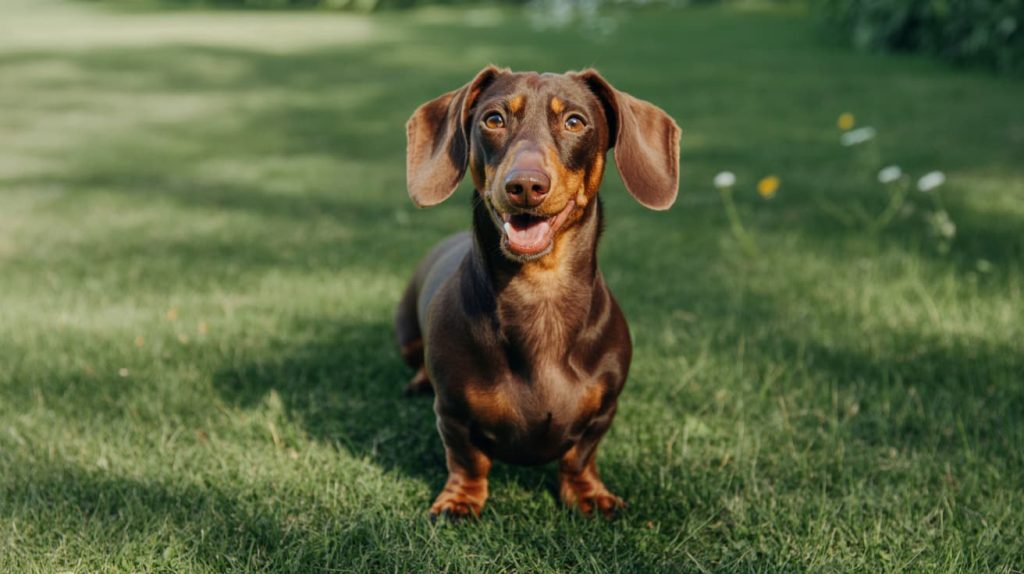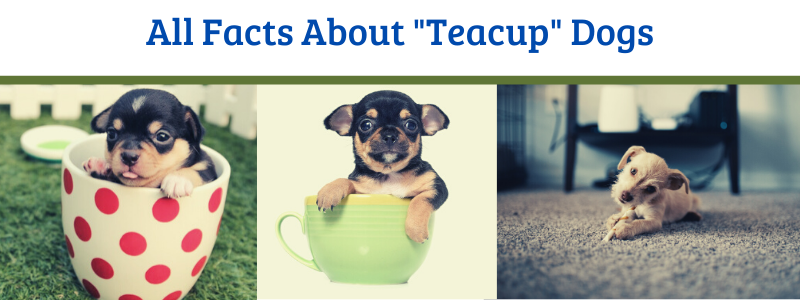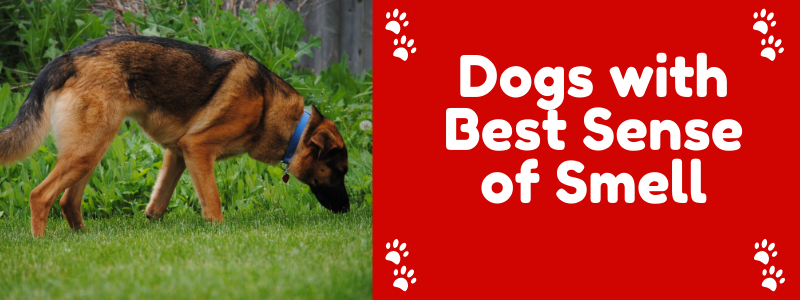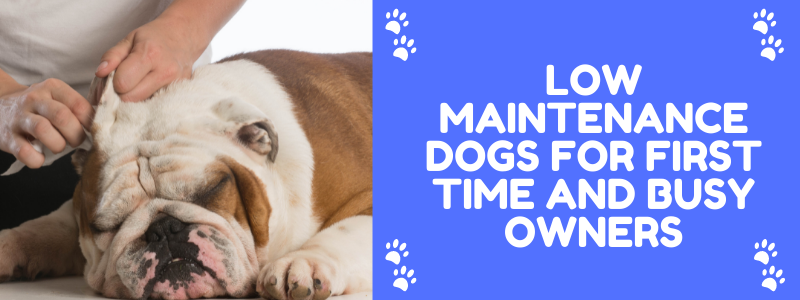Few dogs have as much personality packed into such a small frame as the Dachshund. Known lovingly as wiener dogs, these long-bodied, short-legged companions are loyal, curious, and full of spunk. But caring for a Dachshund properly requires more than cuddles and treats—it’s about understanding their unique needs and giving them a lifestyle that keeps them both happy and healthy.
Whether you’re a new Dachshund owner or considering bringing one home, this guide will walk you through everything you need to know about Dachshund care, from grooming and diet to exercise, training, and health tips.
🏡 1. Creating the Right Home Environment
Dachshunds are small dogs, which makes them suitable for apartment living—but they still need space to play and explore. Because of their long spines, it’s essential to protect them from injuries at home.

Care Tips:
- Avoid letting your Dachshund jump from furniture like couches or beds.
- Install small pet ramps or stairs for safe climbing.
- Use non-slip rugs or mats to prevent them from slipping on smooth floors.
- Keep their sleeping area soft and comfortable with a supportive dog bed.
A safe and cozy home environment helps your Dachshund feel secure and keeps their delicate back protected from strain.
🍖 2. Feeding Your Dachshund the Right Diet
A balanced diet is key to maintaining your Dachshund’s health. Their small size and tendency to gain weight easily mean portion control is crucial.
Feeding Guidelines:
- Choose high-quality dog food with lean proteins and minimal fillers.
- Feed twice a day instead of leaving food out all day.
- Avoid overfeeding and limit treats to training sessions only.
- Include vegetables and omega-3 fatty acids for skin and coat health.
Important: Dachshunds can quickly become overweight, which puts extra pressure on their backs and joints. Regularly monitor their weight and consult your vet for ideal portion sizes.
🧼 3. Grooming and Hygiene
Dachshunds come in three coat types—smooth-haired, long-haired, and wire-haired—each with slightly different grooming needs.

Smooth-haired Dachshunds:
- Brush once a week to remove loose fur.
- Wipe their coat with a damp cloth for shine and cleanliness.
Long-haired Dachshunds:
- Brush 2–3 times a week to prevent tangles.
- Trim the hair around paws and ears when needed.
Wire-haired Dachshunds:
- Require hand-stripping or trimming a few times a year.
- Regular brushing to maintain texture and prevent mats.
Other grooming essentials include:
- Cleaning ears weekly to avoid infections.
- Brushing teeth regularly (they’re prone to dental issues).
- Trimming nails every few weeks.
Regular grooming not only keeps your pup looking great but also helps you bond and spot early signs of skin or health issues.
🐕🦺 4. Exercise and Playtime
Despite their short legs, Dachshunds are energetic and playful dogs. They need daily exercise to stay fit and burn off energy—but it should be moderate and controlled.
Exercise Ideas:
- Two short walks (15–30 minutes) per day.
- Indoor playtime with soft toys or gentle fetch games.
- Puzzle toys that stimulate their mind and satisfy their hunting instincts.
- Avoid overexertion and long-distance runs.
Tip: Dachshunds love to dig—it’s part of their hunting heritage! Give them a designated spot, like a sandbox or patch of dirt, where they can dig safely.
🎓 5. Training Your Dachshund
Training a Dachshund requires patience and consistency. They’re intelligent but also independent thinkers, so it’s best to make learning fun and rewarding.
Training Tips:
- Start early: Begin socialization and basic commands during puppyhood.
- Use positive reinforcement: Praise, treats, and toys work wonders.
- Keep sessions short and upbeat (5–10 minutes).
- Be firm but gentle: Dachshunds don’t respond well to harsh discipline.
Potty training can take time due to their stubborn nature—stay patient and celebrate small successes. Socializing them with people and other dogs also helps prevent barking and territorial behavior.
🏥 6. Health and Vet Care
Like all breeds, Dachshunds have specific health concerns you should watch for. Their long backs make them prone to Intervertebral Disc Disease (IVDD), which can cause pain or paralysis if not managed carefully.
Common Health Issues:
- IVDD (Back problems): Avoid jumping, provide ramp access, and maintain healthy weight.
- Obesity: Stick to a strict diet and regular exercise routine.
- Dental disease: Brush teeth often or use dental chews.
- Allergies or skin irritations: Regular grooming and vet checkups help manage these.
Schedule regular vet visits for vaccinations, checkups, and preventive care. Early detection is key to managing potential health issues.
🧸 7. Socialization and Mental Stimulation
Dachshunds are social dogs that crave attention and companionship. They can become anxious or bored if left alone for long periods, leading to barking or destructive chewing.
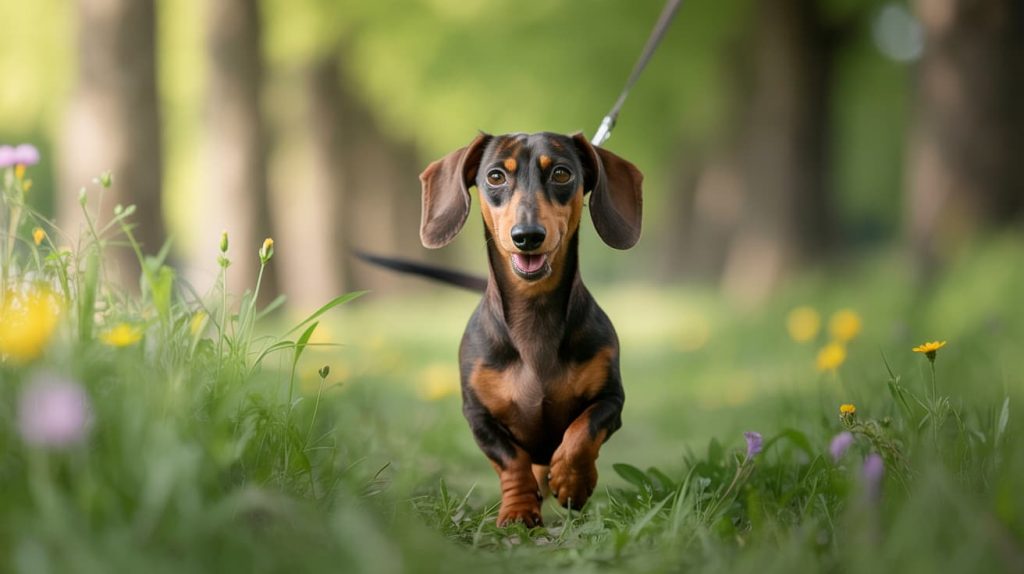
Keep them happy by:
- Playing interactive games like hide and seek.
- Providing puzzle feeders and chew toys.
- Letting them socialize with friendly dogs at parks.
- Spending daily quality time cuddling or training.
A mentally stimulated Dachshund is a well-behaved Dachshund—engage their clever minds and they’ll reward you with loyalty and affection.
💗 8. Emotional Care and Bonding
Dachshunds are deeply attached to their humans. They love attention and affection, often following their owners from room to room.
Bonding Ideas:
- Establish a daily routine for feeding, walks, and playtime.
- Use gentle petting and verbal praise to build trust.
- Give them a cozy spot near you when you’re relaxing or working.
- Avoid yelling or punishment—they respond better to love and consistency.
Your Dachshund’s emotional well-being is just as important as their physical health. When they feel loved, they thrive.
🌞 9. Safety Tips for Everyday Life
Because of their build, Dachshunds are prone to injuries if not handled properly.
Here are a few daily precautions to keep them safe:
- Always support their chest and rear when picking them up.
- Use ramps or stairs to get on beds or couches.
- Supervise playtime with children or larger dogs.
- Keep them on a leash outdoors—their hunting instincts can make them chase small animals.
Small adjustments like these go a long way in keeping your Dachshund healthy and pain-free for years.
🌟 10. Final Thoughts
Caring for a Dachshund is an adventure filled with joy, laughter, and a few mischievous moments. Their loyal hearts and lively personalities make them unforgettable companions—but they need your love, attention, and patience to live their happiest lives.
By providing balanced nutrition, gentle exercise, regular grooming, and plenty of affection, you’ll give your wiener dog everything they need to thrive. In return, they’ll fill your home with unconditional love, endless entertainment, and those heart-melting puppy eyes that say, “You’re my favorite human.”

